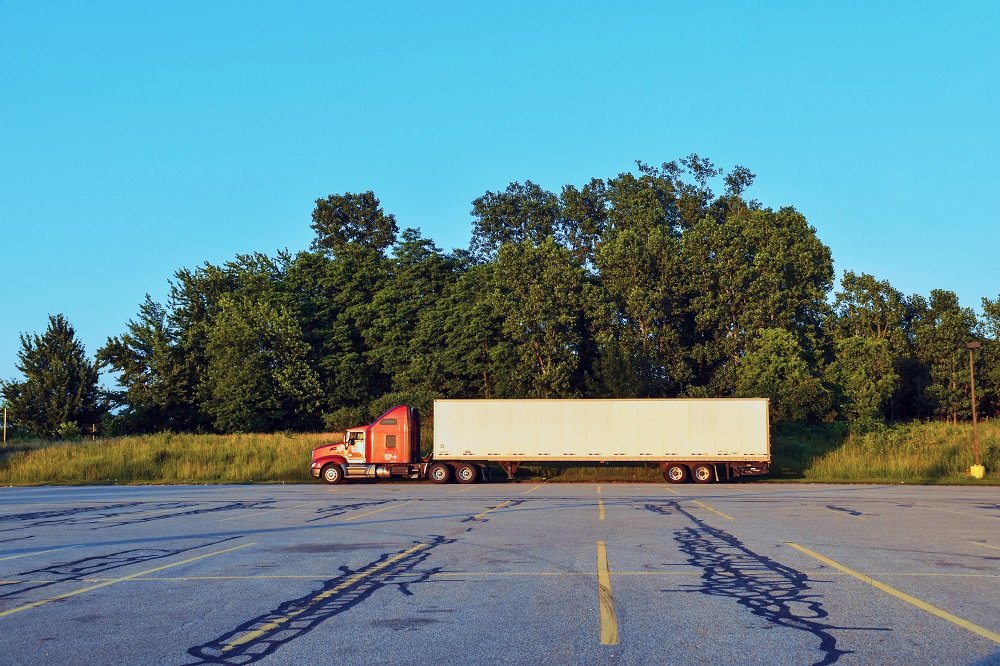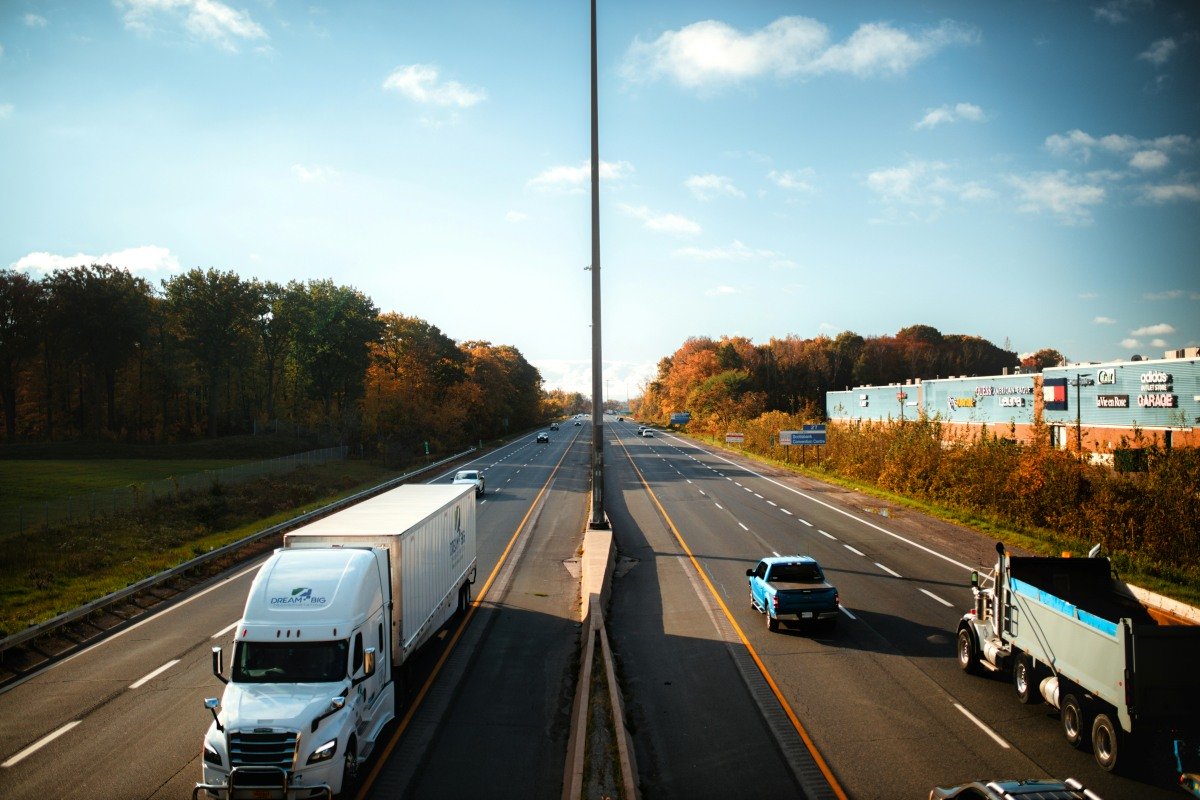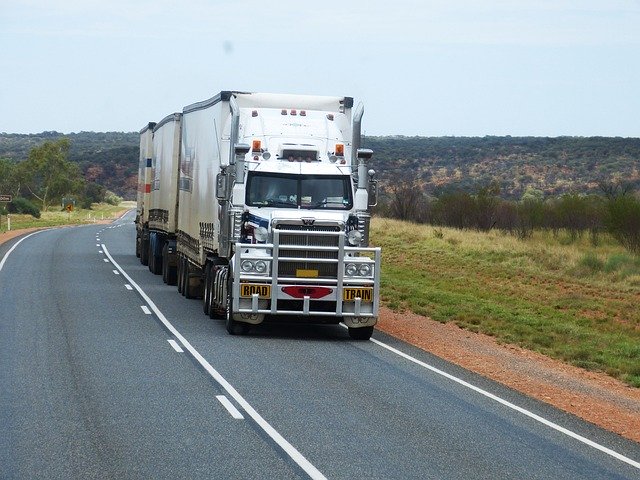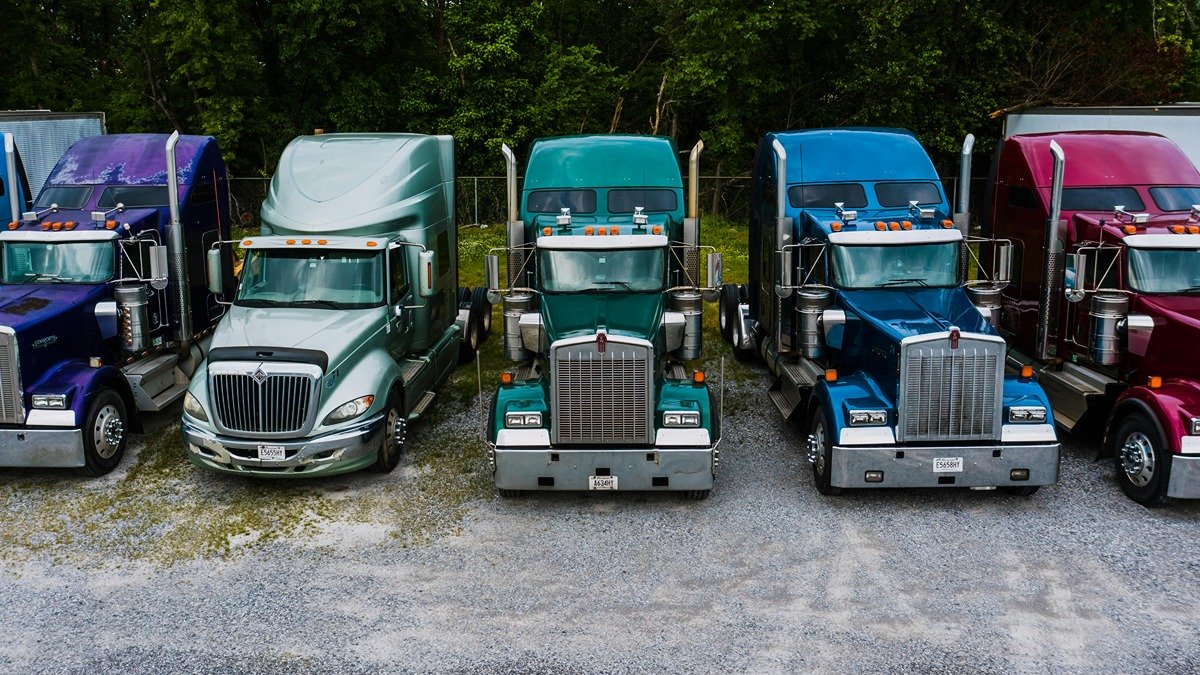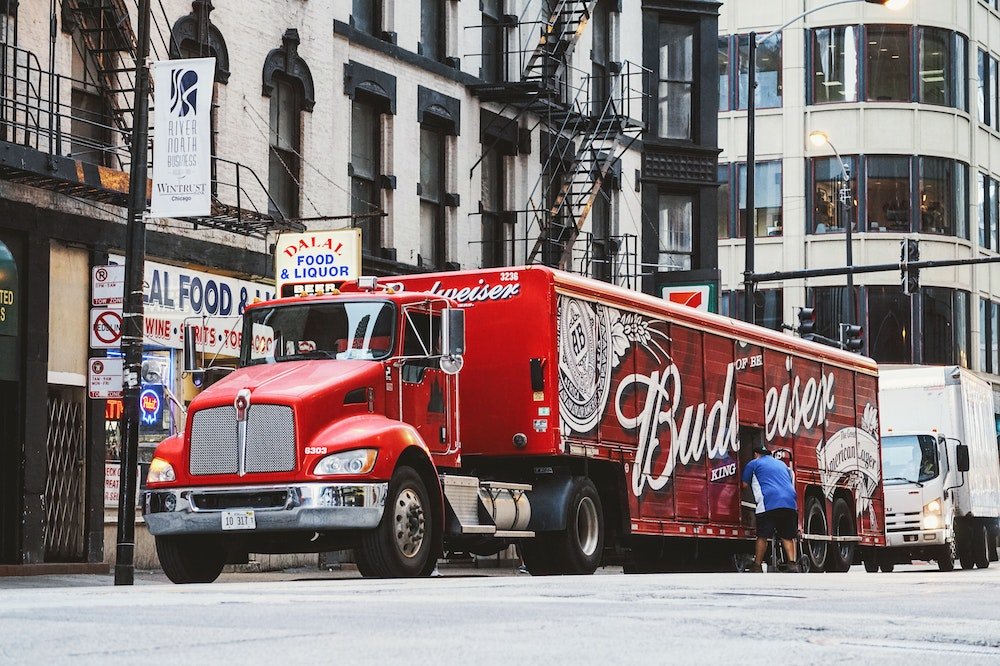
When you run a business that depends on a commercial vehicle, you face unique problems. You must consider numerous factors, from ensuring timely deliveries to navigating the bustling highways. However, one aspect that should always be considered is commercial truck insurance.
If something unexpected happens, this insurance protects your business, vehicles, and financial health.
In this article, we will explore the ins and outs of commercial truck insurance. This guide will help you understand the importance and its perks. So, fasten your seatbelt, and let’s journey to understand how this essential protection can keep your business on the right track!
What is Commercial Truck Insurance?
Commercial truck insurance for small businesses covers vehicles used for commercial purposes, such as trucks, trailers, etc. It protects you and your business from financial losses resulting from accidents, damage, theft, or other incidents involving your commercial trucks.
This insurance typically covers physical damage, cargo insurance, and uninsured/underinsured motorist coverage. These policies help protect you, the driver, and any third parties involved in an accident or incident.
Various factors can influence your coverage and premiums, some include the kind of vehicle, its intended usage, the operator’s driving history, and the payload being transported. It’s crucial to assess your insurance needs and to work with the right commercial truck insurance providers to ensure they’re met.
When Should You Get Commercial Truck Insurance?
Getting insurance is crucial for protecting your business and complying with legal requirements. Here are the critical times when you should consider getting the best commercial truck insurance:
- When getting a commercial truck: As soon as the commercial truck is in your business’ name, securing insurance coverage is essential. This coverage ensures that you are protected from potential risks and liabilities immediately.
- Before putting your truck into service: Driving without insurance is risky and illegal in most jurisdictions.
- Expanding your fleet: Ensure you obtain insurance coverage for the new trucks before they are in service. It guarantees consistent protection across your entire fleet.
Operating a commercial truck without insurance leaves you financially vulnerable to accidents, damages, theft, and liability claims. It’s always wise to consult an experienced insurance agent to find the best coverage for your specific needs and comply with legal obligations.
Benefits of Commercial Truck Insurance
Commercial truck insurance offers a range of advantages that are vital for businesses operating in the trucking industry. From financial protection to legal compliance, understanding these benefits is essential for ensuring the success and security of your trucking operations.
Let’s take a look at a few in more detail.
You Have Financial Protection
The number one benefit is financial protection! Trucking insurance offers financial protection by covering the cost of repairs or replacements for your truck if it’s damaged or stolen. It’s like a safeguard to protect your business against significant financial loss.
Let’s say your truck was involved in an accident. Your commercial trucking insurance can help you cover the costs of repairing your vehicle. So, you won’t have to pay for the labor, parts, and towing services out of your pocket.
If your truck was stolen and can’t be recovered, your commercial auto insurance can compensate for your vehicle’s value.
Small business commercial vehicle insurance will help you avoid digging into business and personal finances to replace your truck.
You’ll Comply With Legal Requirements
Trucking insurance is often a legal requirement that commercial truck drivers must comply with. Some laws require truck owners to have a certain minimum level of insurance. This requirement is to protect road users and ensure there are financial resources to cover damages.
With affordable truck insurance, you can avoid penalties, fines, and potential legal issues by getting your commercial truck covered. Without proper insurance, it can lead to license suspensions, vehicle impoundment, and even legal action against your business.
To ensure your legal compliance, work with trusted commercial truck insurance companies familiar with your specific jurisdiction’s ins and outs. They can help ensure the insurance policy ticks all the legal checkboxes and offer you fair insurance costs.
Your Cargo Is Protected
When you purchase commercial truck insurance, it often includes covering your motor truck cargo. This coverage protects the value of your goods transported by your commercial truck. Here’s how it works:
- Damage during transit: If the transported cargo is damaged in an accident or similar accident, your cargo insurance will compensate for your damaged goods.
- Loss or theft: In the unfortunate event of cargo loss or theft during transit, the cargo insurance will reimburse you for the value of the lost or stolen items.
- Types of Cargo Covered: The specific types of cargo covered can vary based on your insurance policy.
Having cargo coverage within your commercial truck Insurance policy is crucial because it safeguards your business from the potential financial impact of damaged, lost, or stolen cargo. It provides the necessary funds to recover the value of the goods. It helps maintain the financial stability of your business.
You’re Protected Against Liability Claims
In 2020, there were 415,000 reported crashes involving passenger cars and large trucks. Those that run your commercial truck insurance work to protect trucking businesses from potential liability claims resulting from accidents involving your commercial truck.
These claims include the following.
- Property damage: If your truck damages someone else’s property, your insurance will help cover repairing or replacing the damaged property.
- Bodily injury: If your truck causes injury to another person, your insurance will cover medical expenses, rehabilitation costs, and potential legal expenses associated with the injury.
- Legal defense: Truck insurance often includes coverage for legal defense costs. It’ll help cover the costs of legal representation, court fees, and related expenses.
Liability claims can be financial heartbreak for a business. Insurance with liability coverage ensures you have the financial resources to address these claims and protect your business assets and reputation.
Final Thoughts
Insurance is a vital shield for a trucking business. Specialized insurance safeguards your company from potential risks and liabilities on the road by providing financial protection, ensuring legal compliance, and offering coverage for cargo and liability claims.
Accidents, theft, and liability claims can strike at any time. Still, with the right insurance company, you can confidently navigate these challenges.
Contact us today if you’re ready to start your commercial trucking firm. At Mission Financial Services, we can offer the best advice to make your new trucking journey a seamless experience.


